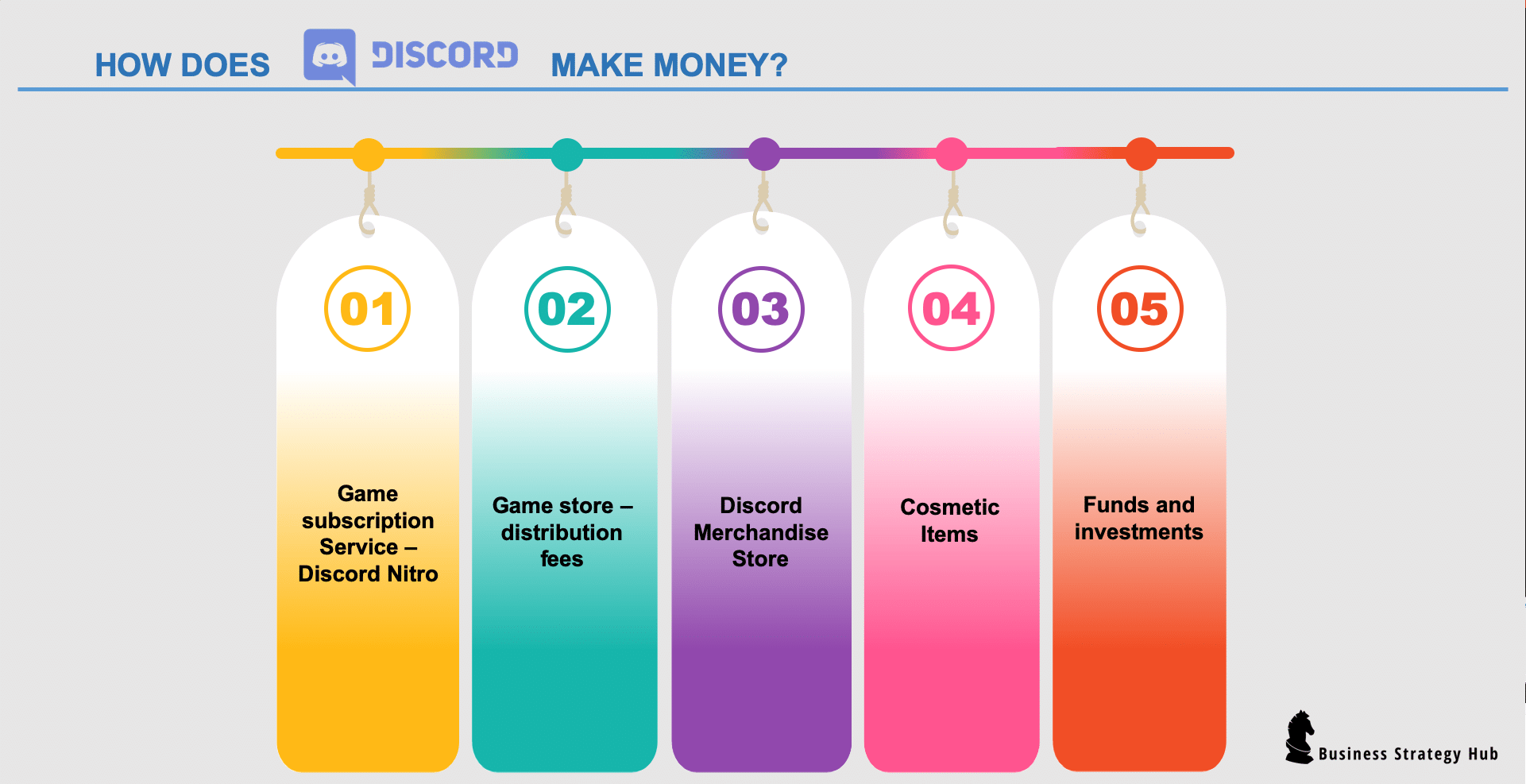Introduction: Understanding the Illinois Death Penalty
The Illinois death penalty has been at the middle of significant problem for decades. Each time a appropriate sort of punishment reserved for the total many heinous violations, the death penalty in Illinois moved through an growth that reveals adjusting opinions on justice, morality, and the offender justice program itself. Illinois’s choice to abolish the death penalty in 2011 noted a considerable moment in the annals of offender justice reform, maybe not merely inside their state but on the country. That informative article attempts to provide you with a considerable breakdown of the Illinois death penalty, from their inception with their final abolition, and study the broader implications of the change.
The History of the Illinois Death Penalty
Early Record of Money Punishment in Illinois
The utilization of the Illinois death penalty appointments straight back yet again to the initial 19th century. Illinois turned circumstances in 1818, and money punishment was the main state’s appropriate program from their inception. The initial noted circulation in Illinois happened that same year every time a person was prepared for the crime of murder. Being a great a number of other claims, Illinois followed the death penalty as an easy way to make sure that the total most crucial violations were achieved with the harshest punishment.
Through the 1800s and early 1900s, the Illinois death penalty was used relatively frequently, with individuals being sentenced to death for many different violations, including kill, treason, and robbery. Their state originally used keeping because the technique of circulation, later moving to the electric seat in 1928. But, community attitudes toward the death penalty were currently just starting to change in the initial 20th century, exclusively as studies of wrongful convictions and terrible executions begun to surface.
The 20th Century: The Improve of Discussion
The utilization of the Illinois death penalty turned significantly controversial through the 20th century. High-profile instances of probably innocent individuals being sentenced to death began an increasing community problem concerning the morality and performance of money punishment. In the 1950s and 1960s, criteria started to cultivate about racial disparities in death penalty instances, with evidence indicating that Dark defendants were disproportionately sentenced to death, particularly for violations regarding bright victims.
The racial make-up of the Illinois death penalty were compounded by problems linked to socioeconomic status. Rich defendants frequently had access to increased appropriate illustration, which often affected the outcomes of death penalty cases. These endemic problems generated climbing requires reform, exclusively as more and more folks asked if the death penalty was really providing the passions of justice or just perpetuating inequalities.
The Demise Penalty and the Appropriate Process: A Important Turning Stage
By the 1970s, the Illinois death penalty was experiencing strong scrutiny. In 1972, the U.S. Great Select ruled in Furman v. Georgia that the death penalty, since it was being used at that time, violated the Eighth Amendment’s prohibition against hard and extraordinary punishment. That choice fleetingly ended executions about the planet, including in Illinois, prior to the death penalty was reinstated in 1976 with the Great Court’s choice in Gregg v. Georgia, which set new standards for how death penalty instances should certanly be handled.
In Illinois, executions resumed in 1977. But, the problem continued. The Illinois death penalty was significantly asked consequently of criteria about wrongful convictions, insufficient appropriate safety, and the applying sort of the death penalty in a way that generally appeared arbitrary and inconsistent.
The Shift Toward Abolition: The Catalyst for Change
The Place of DNA Evidence in Exonerating the Innocent
One of many pivotal facets in the action to abolish the Illinois death penalty was the increasing usage of DNA evidence in offender cases. By the late 20th century, forensic technology, especially DNA screening, had develop into a game-changer in offender investigations. In Illinois, some death penalty instances came below scrutiny as DNA screening subjected that the many individuals who’n been convicted and sentenced to death were, really, innocent.
Possibly probably the most essential exemplory instance of this is the event of Rolando Cruz and Stephen Buckley, have already been equally accused of the kill of a fresh girl. Cruz was convicted and sentenced to death, but DNA evidence fundamentally proved he was innocent. These and various instances of wrongful convictions in Illinois sparked a significant re-evaluation of the Illinois death penalty and their capacity to provide excellent and just outcomes.
Governor George Ryan and the Moratorium on Executions
As precisely how several exonerations and evidence of wrongful convictions grew, community subject achieved a featuring point. In 2000, Illinois Governor George Ryan, deeply afflicted with the raising human human human body of evidence planning to miscarriages of justice, reported a moratorium on the death penalty. This is a extraordinary change, since it ceased all executions in Illinois while overview of the death penalty program was conducted.
Governor Ryan’s choice was partly prompted by a written record from the Illinois Commission on Money Punishment, which outlined endemic problems in the state’s death penalty method, including unreliable convictions, insufficient safety counsel, and racial discrimination. The history uncovered that about 20 people sentenced to death in Illinois have already been exonerated, significant Ryan to in conclusion that the death penalty couldn’t be respectable to make certain justice.
Governor Terry Quinn and the Final Stage: Abolition of the Illinois Demise Penalty
Following George Ryan outstanding company, his successor, Governor Terry Quinn, required the past period toward abolishing the Illinois death penalty.In 2011, Quinn shut a record in to legislation that generally removed the death penalty in Illinois. The statement have already been transferred by the Illinois Standard Structure, seeing a old moment for the state.
Quinn’s choice to indicator the statement in to legislation was afflicted with several critical factors. First, there’s the raising approval that Illinois’s death penalty program had significant errors, especially in relation to their possibility of wrongful convictions. Next, the large expenses connected with death penalty instances were a considerable burden on the state’s budget, with studies providing that prosecuting a death penalty event price far better than an income imprisonment case.
Possibly especially, the abolition of the Illinois death penalty was seen as a honest statement. By abolishing money punishment, Illinois wished to make sure that their justice program operated on the thought of equity, equality, and the storage of life.
The Impact of Abolishing the Illinois Death Penalty
The Appropriate and Social Effects
The abolition of the Illinois death penalty had significant appropriate and national consequences. From a appropriate understanding, the total many rapid effect was the transformation of death terms living in jail without the possibility of parole. In Illinois, your option to abolish the death penalty also developed opportunities for reforms in different elements of offender justice, especially in regard to reducing the likelihood of wrongful convictions.
Socially, the abolition was celebrated by personal rights areas, death penalty abolitionists, and many individuals of every one who’n prolonged opposed money punishment. But, furthermore, it challenged resistance from some patients’rights areas and individuals who argued that the death penalty was crucial to make certain justice for people of the exceedingly heinous crimes.
The Value Discussion: A More Successful Consumption of Assets
Among the exceedingly convincing causes for abolishing the Illinois death penalty was the significant price connected with prosecuting death penalty cases. Reports show that death penalty instances are generally more costly than residing imprisonment instances, largely consequently of rigorous appropriate procedures, talks, and specific attorneys required. The Illinois state government uncovered that the large price of death penalty instances may be better assigned toward various elements of the offender justice program, including police and prey support services.
Frequently Asked Questions (FAQ) About the Illinois Death Penalty
Q1: Why did Illinois abolish the death penalty?
Illinois removed the death penalty consequently of criteria about wrongful convictions, the large price of death penalty instances, and the raising conclusion that the quantity of money punishment program had endemic flaws. Governor Terry Quinn shut the statement in to legislation in 2011, making Illinois among the very first claims to generally abolish the death penalty.
Q2: What position did DNA evidence play in the abolition of the Illinois death penalty?
DNA evidence done an essential position in uncovering wrongful convictions. Developments in forensic study generated the exoneration of several individuals who’n been wrongfully convicted and sentenced to death, prompting a reevaluation of the state’s money punishment system.
Q3: Who had been Governor George Ryan, and why was his moratorium important?
Governor George Ryan was important in the action to reform Illinois’s death penalty system. In 2000, he needed a moratorium on executions following understanding of several wrongful convictions, making Illinois the initial state to take such action. His choice increased national mind concerning the errors in the death penalty system.
Q4: Will there be but people providing residing terms in Illinois for violations of when punishable by death?
Positive, those that were sentenced to death prior to the abolition of the Illinois death penalty in 2011 had their terms commuted living in jail without the possibility of parole.
Q5: What’s been the long-term influence of abolishing the death penalty in Illinois?
The abolition of the Illinois death penalty has started a broader conversation about the future of money punishment in the U.S. A good a good a number of other claims have used Illinois’s cause in abolishing the death penalty, and the conversation remains to evolve as new understanding and study look concerning the justice system.
Conclusion: The Legacy of the Illinois Death Penalty
The Illinois death penalty provides as a good storage of the difficulties and errors normal in the offender justice system. From their early use with their final abolition, the annals of the death penalty in Illinois reveals broader societal improvements regarding justice, equality, and the value of personal life. Illinois’s choice to abolish the death penalty maybe not merely changed the state’s appropriate landscape but furthermore offered pave the way for reforms on the nation.
As Illinois remains to move forward, the directions found from the Illinois death penalty stay important in shaping the future of offender justice reform. The state’s stable choice to abolish money punishment provides as an enduring storage of the significance of equity, accountability, and the storage of residing in the seek out justice.













Leave a Reply